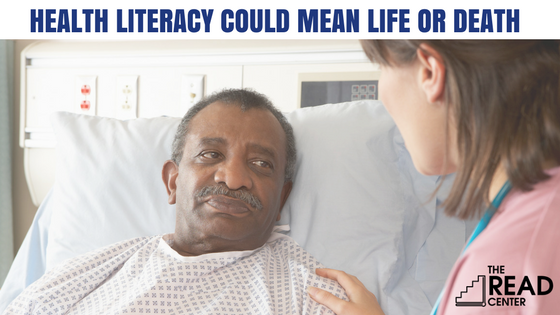A staggering number of Americans struggle with health literacy: Only 12 percent of adults have a high level of health literacy.*
In “4 Cold Hard Facts About Health Literacy”, ProLiteracy frames the problem of health literacy and the issues around it. The blog does a great job of educating the public on the issues. What is not great is how many people have low health literacy, are harmed by it, and the immense cost low health literacy produces.
A commonly accepted definition for health literacy is the “degree to which individuals have the capacity to obtain, process, and understand basic health information to make appropriate health decisions.” Sounds simple, but nearly 9 out of 10 adults in the United States lack the skills needed to fully manage their health care and prevent disease.
What does that mean to low-literate adults? It can mean poor health outcomes, higher rates of hospitalization, less use of preventive services, not adhering to prescription and care plans, and death. Additionally, low literacy leads to higher health care costs for everyone. An excess of $230 billion a year in health care costs is linked to low adult literacy.**
The ProLiteracy blog details several hard facts about health literacy. The one that scares me the most is the inability to read and understand prescriptions. If a parent has to give their child medicine and struggles to read the medical information provided, the medicine meant to help the child could wind up harming them. As a parent, I could not imagine anything scarier or potentially more devastating.
The Low Literacy Health Report from George Washington University’s Public Health Department recognized the impact of literacy on healthcare: “Securing appropriate healthcare hinges on having the necessary skills to read and fill out medical and health insurance forms, communicate with healthcare providers, and follow basic instructions and medical advice. At virtually every point along the healthcare services spectrum, the healthcare system behaves in a way that requires patients to read and understand important healthcare information. This information is dense, technical, and has jargon-filled language. The healthcare system itself can pose a serious barrier to appropriate care.”
Health is a significant issue in students being able to regularly attend READ classes.
Recognizing this, The READ Center is piloting a health literacy class this month:
The class will be held on Wednesdays:
March 14th – April 25th
1:30pm to 3:30pm
at Bon Secours Center for Healthy Living, Sarah Garland Jones Center
2600 Nine Mile Road, Richmond, VA 23223Registration is open and there is still space available. Do you know an adult who can benefit from this class? Please have them contact The READ Center for more information.
The need is great, and the stakes are high. We don’t often think of literacy in terms of life and death. When it comes to health care, it could be.
______________________________________________________________________________________________________________________
*According to the National Assessment of Adult Literacy
**Per ProLiteracy’s Adult Literacy Facts, via the American Journal of Public Health
-Karen La Forge, READ’s Executive Director


